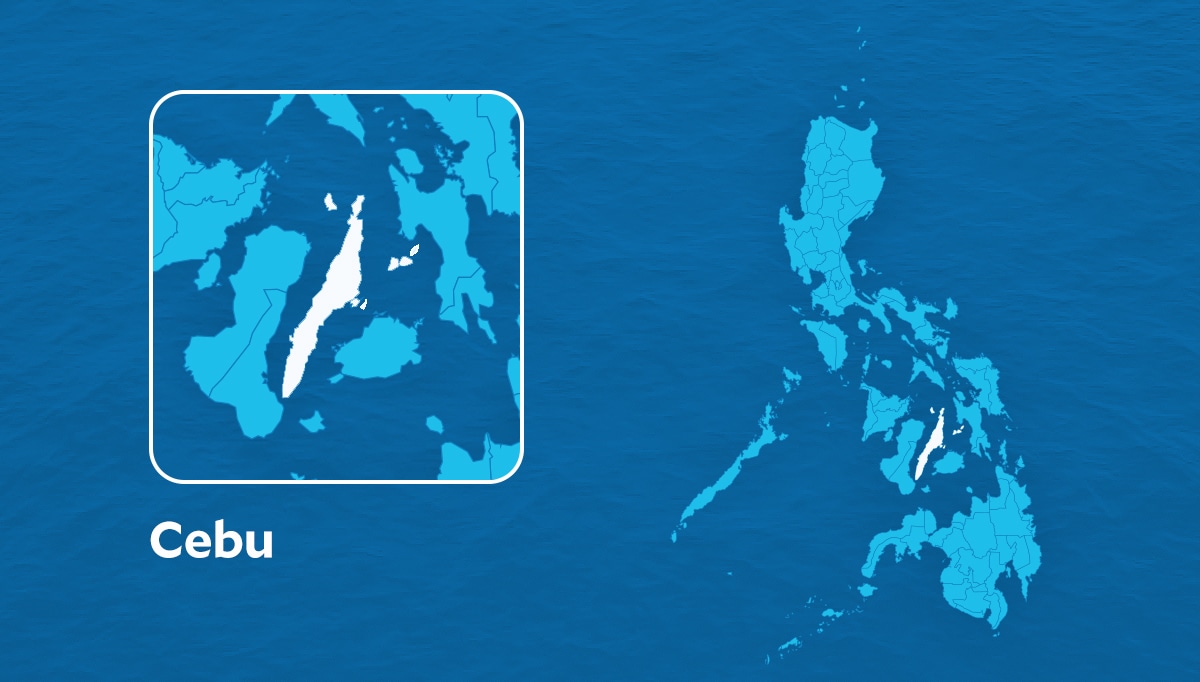
Cebu map | Inquirer.net photo
The Philippine unit of Japan-based firm Taiheiyo Cement inaugurated a new production plant in Cebu, the Department of Trade and Industry (DTI) said on Friday.
The DTI said the Taiheiyo Cement Philippines Inc. ‘s (TCPI) new P12.8 billion facility that was unveiled on Thursday will boost cement production in the country and reduce the nation’s reliance on imports.
“Taiheiyo’s new plant in San Fernando, Cebu will bolster the Philippines’ cement production by 3 million tons annually, reducing our reliance on imports,” Trade secretary Alfredo Pascual said in a statement.
“This investment aligns perfectly with our government’s ‘Build Better More’ infrastructure program,” he added.
READ: Japanese firm to build P3.9-B cement terminal in Batangas
The DTI also said that the new plant features advanced kiln renewal technology which reduces carbon dioxide emissions by at least 10 percent through decreased energy consumption and a lower clinker factor.
“We commend TCPI for setting a new standard for environmentally responsible manufacturing in the cement industry. This advanced technology is set to reduce carbon dioxide emissions significantly,” Pascua said.
According to the DTI, TCPI has invested significantly in related projects, including P 3.1 billion for its jetty and marine belt conveyor project, another P1.4 billion for the company’s port area, and P 3.7 billion for its Luzon distribution terminal Project.
The government agency also highlighted Japan as a major catalyst for economic growth, with the East Asian country having provided over $13 billion in grants and low-interest loans through their Official Development Assistance (ODA) program.
READ: Yokohama, Minebeamitsumi commit P7.4 billion in new PH investments
“Japan is a vital partner to the Philippines. It is our second-largest trading partner and third-largest source of foreign investment,” Pascual said.
Further, the DTI said that the inauguration of Taiheiyo Cement Philippines Inc.’s advanced manufacturing facility highlights the Philippine government’s commitment to sustainable development and industrial growth under the Build Better More program.
“To sustain this momentum, our country is committed to improving our business environment by enhancing the ease of doing business. We are streamlining and digitalizing institutional and regulatory requirements to improve speed and overall ease of doing business, especially for strategic investments,” said Pascual.